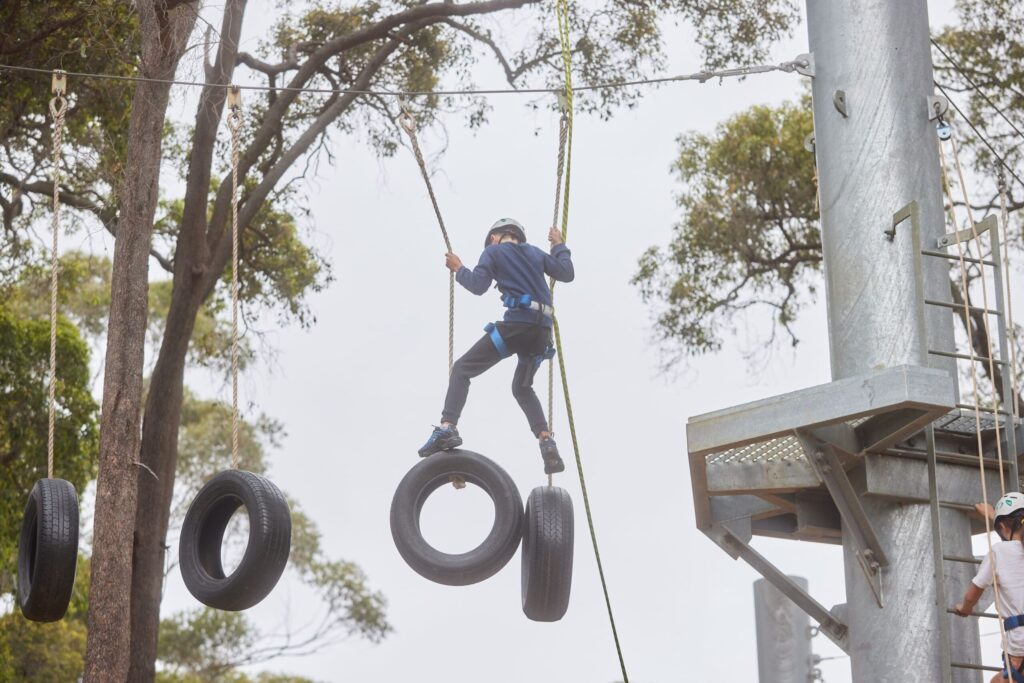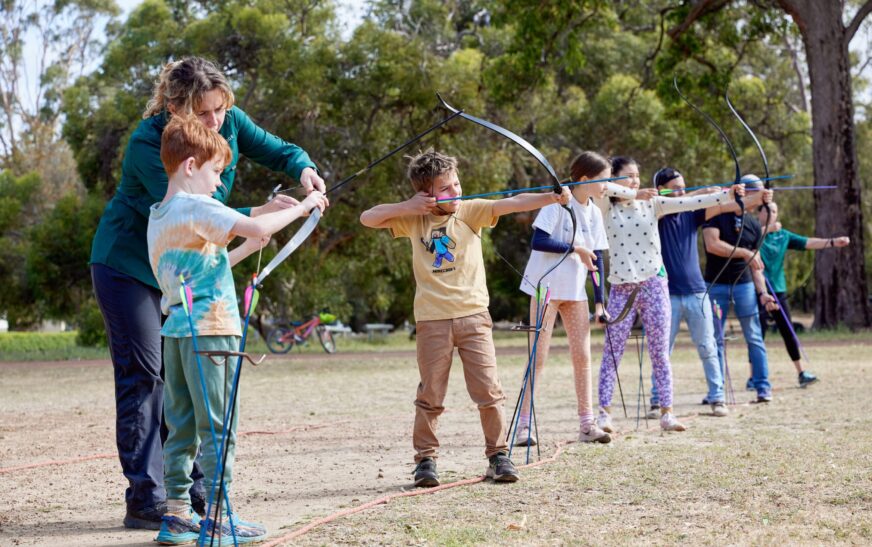Personal growth is a crucial aspect of development that begins in childhood and lays the foundation for a successful, fulfilling life. Unlike academic achievements that often receive more attention, personal growth involves cultivating self-awareness, emotional intelligence, resilience, and other skills that help children navigate life’s challenges and opportunities.
Building Self-Esteem and Confidence
Self-esteem is the bedrock of a child’s ability to face challenges and take on new opportunities. It’s the internal voice that tells a child they are capable, valued, and worthy of love. When children develop strong self-esteem, they are more likely to take risks, try new activities, and persist through challenges.
Low self-esteem can lead to a range of issues, such as anxiety, depression, and a lack of motivation. Children with low self-esteem may avoid challenges for fear of failure or rejection, hindering their personal growth. On the other hand, children with high self-esteem are more likely to embrace challenges, view failures as learning opportunities, and maintain a positive outlook on life.
How Confidence Fuels Growth
Confidence is closely related to self-esteem but is more focused on the belief in one’s abilities. Confident children are more likely to volunteer for tasks, express their opinions, and engage with peers. This engagement is crucial for personal growth as it allows children to learn from experiences and interactions.
Programs like those offered at Camp Fairbridge provide an excellent platform for building confidence. By engaging in activities that push them out of their comfort zones, children learn to trust their abilities and gain the confidence needed to tackle life’s challenges.
Enhancing Emotional Intelligence
Emotional intelligence involves understanding and managing one’s emotions and recognizing and influencing the emotions of others. Children who develop emotional intelligence are better equipped to handle stress, resolve conflicts, and empathise with others.
Teaching children about emotions and how to express them healthily is a critical component of personal growth. Children need to learn that all emotions are valid and that expressing them constructively is vital for their well-being. Encouraging open conversations about feelings and providing tools for managing emotions, such as mindfulness and breathing exercises, can be highly beneficial.
The Benefits of Emotional Intelligence
Emotionally intelligent children tend to have better relationships with peers and adults. They can communicate more effectively, resolve conflicts amicably, and work collaboratively in teams. These skills are not only important for personal growth but also for academic and career success in the future.
Activities at Camp Fairbridge, which focus on group interactions and teamwork, provide children with opportunities to practise and enhance their emotional intelligence in a supportive environment.

Fostering Resilience and Adaptability
Resilience is the ability to bounce back from setbacks and adapt to difficult circumstances. It is an essential aspect of personal growth that enables children to cope with challenges and changes in their lives. Resilient children are more likely to view challenges as opportunities to grow rather than insurmountable obstacles.
Children naturally encounter setbacks, whether in school, friendships, or sports. Teaching them resilience equips them with the tools they need to persevere through difficulties and emerge stronger and more capable.
Developing Adaptability
In addition to resilience, adaptability is crucial for personal growth. The ability to adjust to new situations and learn from them prepares children for the ever-changing world. Adaptable children can embrace change, overcome uncertainty, and thrive in diverse environments.
Outdoor adventure programs, like those offered at Camp Fairbridge, are excellent for teaching resilience and adaptability. These programs often involve facing physical and mental challenges, which encourage children to step outside their comfort zones and develop a sense of resilience and adaptability that serves them well in life.
Encouraging Creativity and Curiosity
Creativity is not limited to artistic pursuits; it encompasses the ability to think outside the box, solve problems innovatively, and adapt to new situations. Encouraging creativity in children nurtures their ability to express themselves and view challenges from multiple perspectives.
Creative activities, such as arts and crafts, storytelling, and music, allow children to explore their interests and discover new talents. Encouraging children to engage in creative pursuits fosters their imagination and helps them develop a sense of individuality.
Fostering Curiosity
Curiosity drives the desire to learn and explore, leading to personal growth and lifelong learning. Encouraging children to ask questions, seek answers, and explore new ideas cultivates their natural curiosity and love of learning.
Parents and educators can foster curiosity by creating an environment where questions are welcomed, resources for exploration are available, and learning is viewed as an exciting adventure. Camps and programs like Camp Fairbridge can play a significant role in encouraging curiosity by exposing children to new experiences and environments that spark their interest and encourage exploration.

Conclusion
Personal growth is a vital aspect of childhood development that encompasses building self-esteem, emotional intelligence, resilience, adaptability, creativity, social skills, independence, and responsibility. These skills are essential for children to navigate the complexities of life and achieve success in their personal and professional lives.













